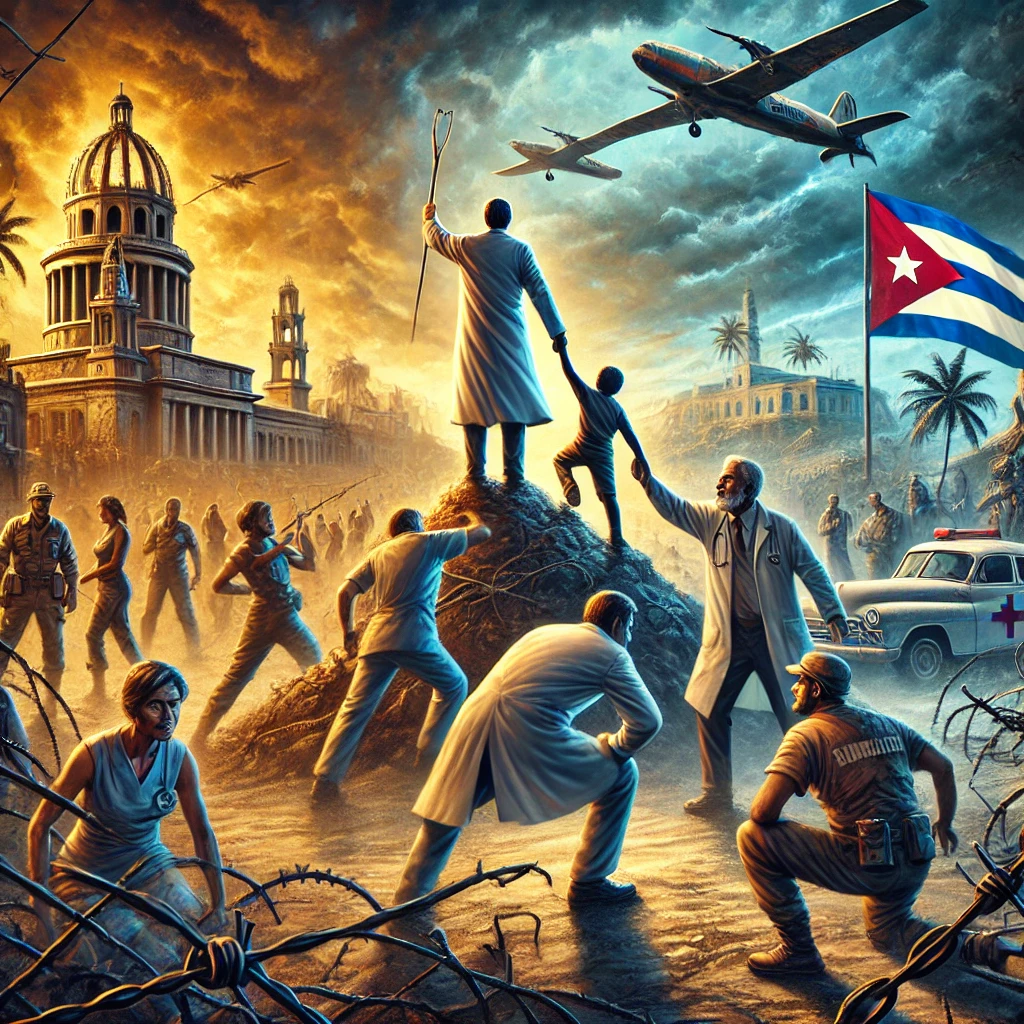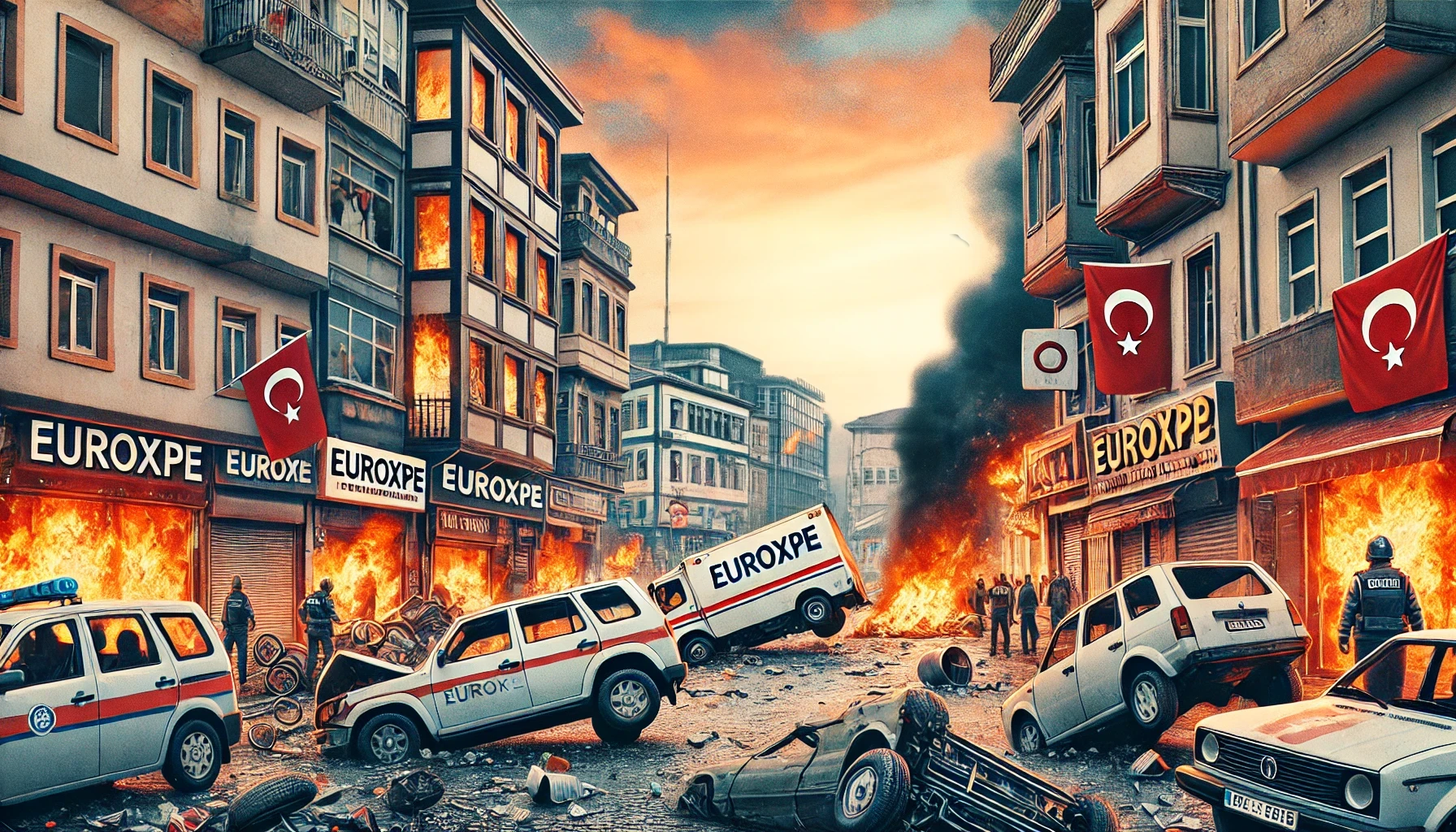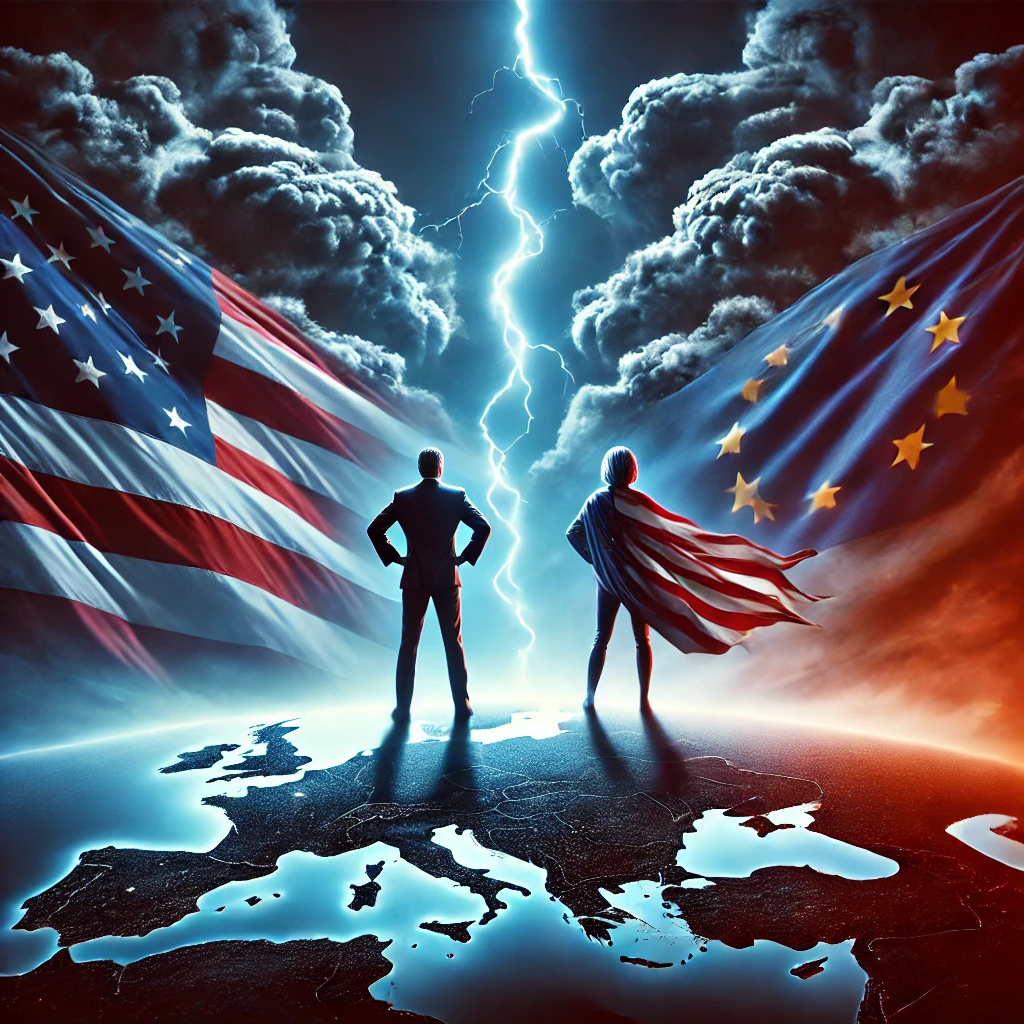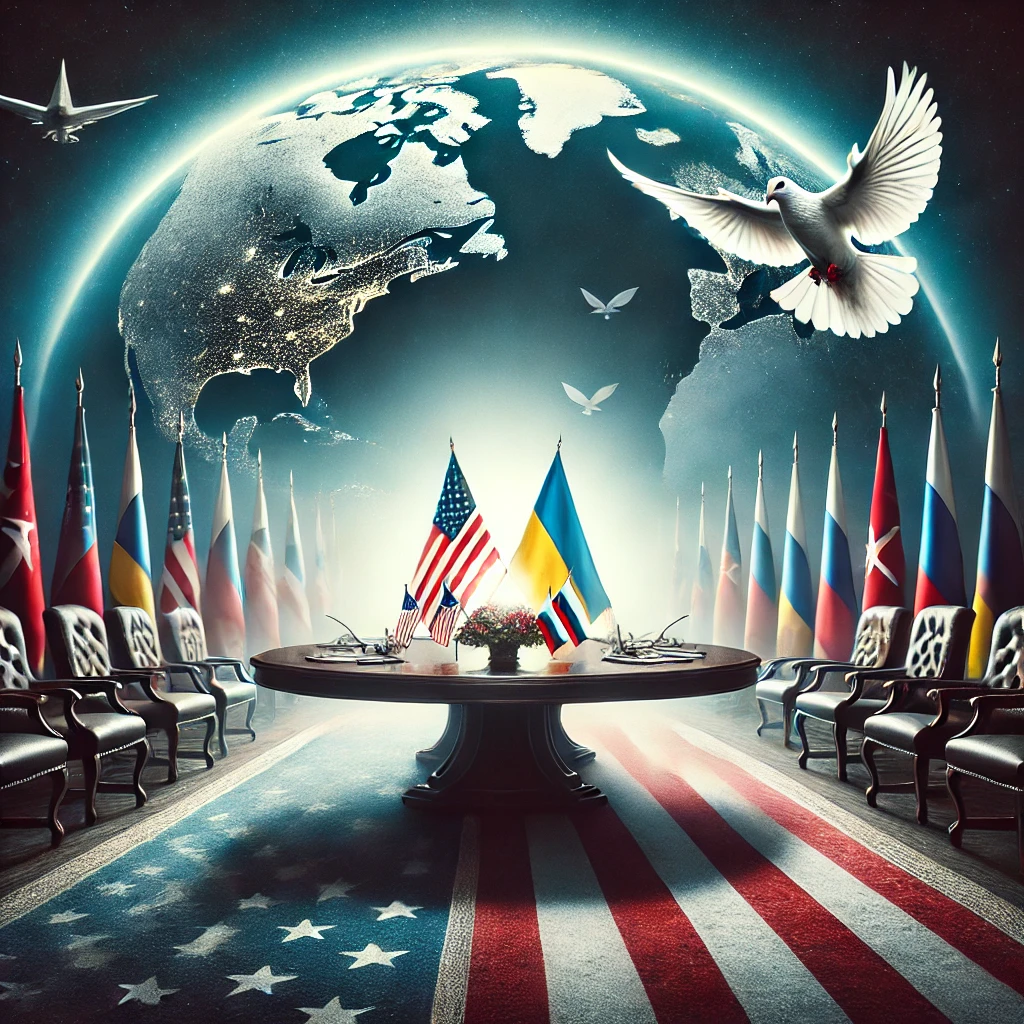Cuba, an island nation under a long-standing embargo imposed by the United States since 1960, continues to face significant challenges. The embargo, which has been periodically reinforced by various U.S. administrations, keeps Cuba listed among “state sponsors of terrorism,” maintaining a tight grip on its economy.
Cuban citizens have been trying to navigate through an acute energy crisis by purchasing oil with funds collected from various sectors. However, international banking restrictions prevent these transactions. Even when oil tankers approach the Gulf, Cuba’s payments are blocked, causing severe disruptions in energy supply.
During this period, Turkey has played a supportive role by sending energy-producing ships to Cuba. These vessels serve as floating power plants and have been a lifeline for Havana, providing much-needed electricity.
Paracetamol and Soap: Symbols of Shortage
Throughout the stay in Cuba, a notable observation was the frequent requests from locals for paracetamol and soap. These basic necessities were in short supply, with soap often being rationed into small pieces to make it last longer.
The shortages stem primarily from the embargo. Despite Cuba’s remarkable achievements, such as developing five COVID-19 vaccines and contributing to global health crises like Ebola, the country faces significant hurdles in acquiring raw materials. Many of these materials are linked to U.S. companies or their allies, making them inaccessible. Even when a supply line is secured, U.S. intervention often disrupts the process, leading to legal actions against companies trading with Cuba. Consequently, Cubans must manage resources covertly and prioritize their usage carefully.
The energy crisis further complicates these issues. Many production facilities are forced to operate below capacity due to power shortages, resulting in widespread deficits in goods and services. Locals’ requests for paracetamol and soap reflect their belief that tourists might have these items, highlighting the pervasive impact of the embargo.
A Nation of Doctors, Not Weapons
The economic damage inflicted by the embargo on Cuba over the past sixty years exceeds $1.5 trillion. The embargo is considered a genocidal act under Article II, Clause C of the 1948 Geneva Convention, systematically violating the human rights of the Cuban people.
Last year, the UN General Assembly once again called on the U.S. to lift the embargo against Cuba. The resolution was supported by nearly all member states, with only the U.S. and Israel opposing, while Ukraine abstained.
Serpa, the Matanzas District Coordinator of the Committee for the Defense of the Revolution, succinctly expressed the Cuban spirit of resistance:
“We have created a sovereign nation capable of making its own decisions. We have never attacked any country, instead sending our doctors worldwide and sharing what we have. If that is considered evil, so be it. This is why the global powers punish us—they want us to submit. But the Cuban people are strong and resilient. We are aware of how the U.S.-backed Israel slaughters Palestinian children. So what democracy does the U.S. defend? A democracy that supports war and death? Cuba, a peaceful nation, has always advocated for international solidarity. We will continue sending our doctors to the world instead of weapons!”
Cuba’s experience underlines a paradox: despite severe shortages and economic constraints, this small island nation under economic siege continues to contribute positively to global health. Cuba’s unwavering commitment to international solidarity and peace remains an enduring testament to its resilience.
By Zülal Kalkandelen – Cumhuriyet
This content has been translated to English using AI technology, and the visual design has been crafted by AI.






